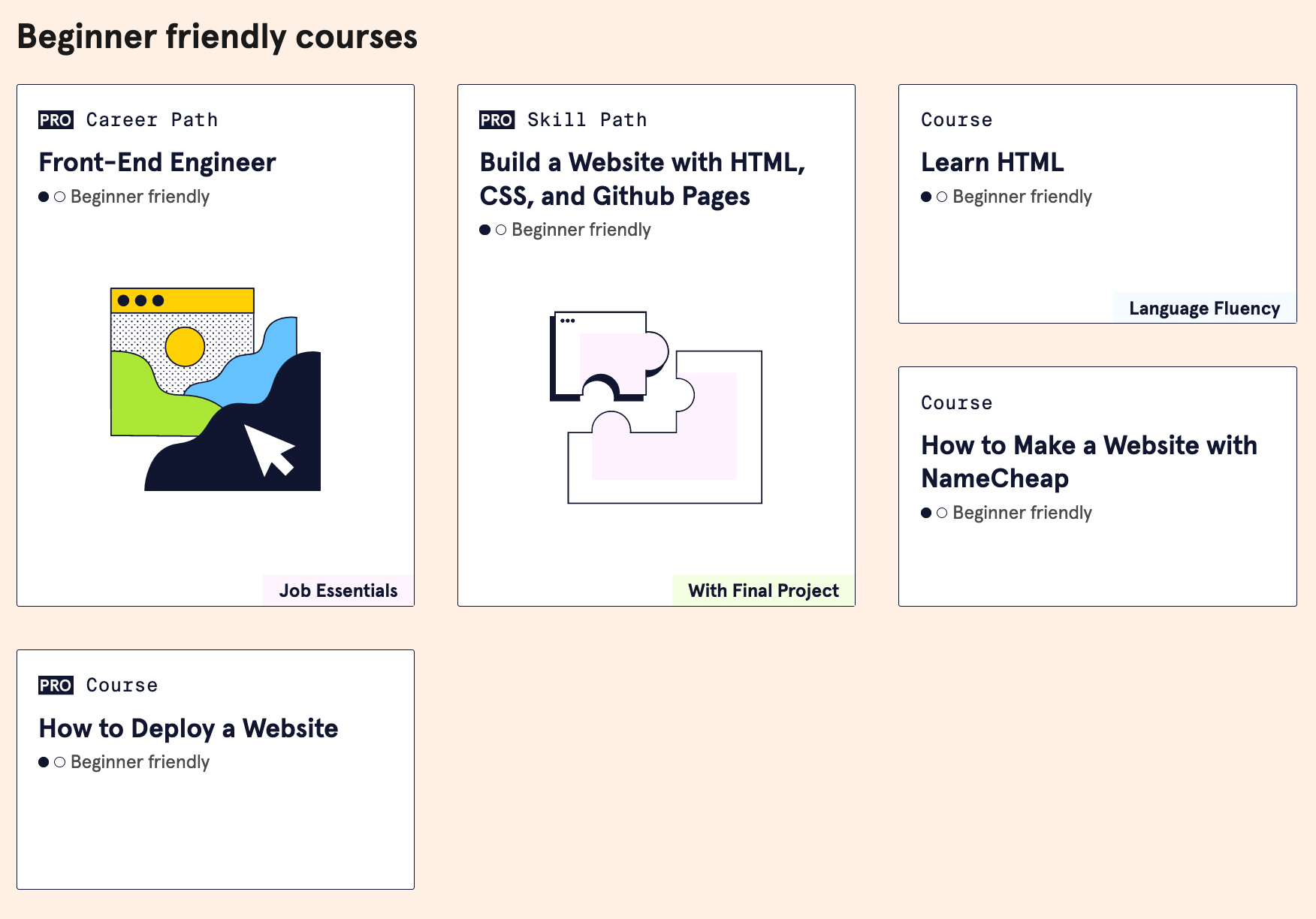SEO is getting even more important these days, but how should you manage it effectively? In this post, we'll teach you how to learn SEO in order to create an in-house team. We'll also teach you what SEO courses, certifications, and tools you should be using.
When it comes to search engine optimization, for just about any company there’s always one question: To outsource SEO services or move in-house?
Neither of those two choices is easy. Hiring and training an in-house team takes time, while finding a reputable SEO company is quite challenging as well.
I hear this question again and again: To hire or outsource? My answer is always both.
You cannot keep everything in-house (things like link building and technical SEO would need too many resources), but at the same time, having a smart SEO team who can manage projects and tell good providers from spammy ones is always helpful.
But how can you create a good in-house SEO team? Well, start from your current in-house talent and encourage self-education.
SEO is mostly a talent rather than a skill. You need people who want to become good, SEO-focused employees who also want to educate themselves independently.
This is where self-learning SEO resources, courses, and tools come into play.
Sadly for the SEO industry, we don’t have unified and recognized certifications. In most cases, clients and employers don’t care about SEO certificates since they know that no certificate can prove your experience in the ever-changing SEO landscape.
However, there are several solid options out there to check out:
Google offers free Adwords and analytics courses and certification that can help you look more credible and build your digital marketing career.
Those certificates are recognized by most marketing companies and are required for some SEO roles. If you are a company, being a Google Partner will give you credibility as well!
The certifications are also great for internal team training as they provide scores, so your team members can independently assess their knowledge.
Basic HTML and CSS courses will help your team stay up-to-date with the more technical implementations of SEO.
Codecademy gives a good choice of those.

In frameworks like WordPress, it is pretty easy to navigate and implement basic needs. However, as website standards become more and more feature-rich over time, digital marketers who know some basics will have a faster time with implementation.
Knowing basic HTML can be hugely beneficial when it's the distance between a 10 minute fix versus sending it off to a freelancer or dev team.
This allows SEO teams to stay agile in the current markets and avoid roadblocks that can draw out implementation time and ultimately delay timelines on projects.
Hubspot's Academy offers Inbound Certification that includes a powerful SEO component.
Hubspot and Google are very reputable companies. As such, I highly recommend that digital marketers get these certifications in order to increase their knowledge, especially if they are just starting out.
Many resources like DistilledU or Moz’s Beginner’s Guide to SEO are great for learning SEO. Another option is to sign up for a marketing program at a recognized local university or college with the diploma or certificate upon completion.
When picking public resources for self-education, focus on those that provide actionable advice. You want your new teams to be able to implement some or all of those tips right away. For example:
If you are serious about creating a well-educated SEO team, you may also create an internal resource containing everything they need to read, as well as SEO testing they need to take. Creating an internal resource is easy with any of these WordPress-based solutions.
I am a big advocate of using tools for SEO education. You can read all you want, but you will not become an SEO until you start implementing what you've read. And using tools is the first step to understanding how SEO works and how to go about SEO implementation.
For SEO education, tools like Ahrefs are perfect for SEO education because it offers a very clear interface that is incredibly easy to use. If you want your team to complete an easy assignment, give them access to SEO tools. This will help them figure out how to learn SEO. With Ahrefs, you can see:
Another great tool to use for education is Text Optimizer because it provides a score for each copy to grade how semantically relevant it is to target search results. Grading helps teams to always try and do a better job. Plus, it helps your SEO team to understand how semantic search works.
Since Google heavily relies on semantic analysis these days, it is important for your in-house SEO team to know what it is.
For new employees and SEO teams, it is also a good idea to create dedicated Google Analytics dashboards that would be newbie-friendly. It is also a good idea to use a newbie-friendly Google Analytics clients like Analytify. It integrates into your site and gives a good overview of important numbers without being overwhelming.
Another newbie-friendly platform is Finteza. It’s very easy to use and doesn’t require any technical skills for set-up or event tracking. You can slice and dice data, compare different data sets and research your traffic quality by just clicking through reports and sections:
Having a well-educated in-house SEO team can save you a huge amount of time that would otherwise cause delays in project execution.
Being a jack of all trades can sometimes be a good thing (when it’s balanced), but you should spend more time on where your proficiencies lie. All the while this strategy serves to help marketers stay ahead of 'the curve' and adopt a more agile marketing approach.